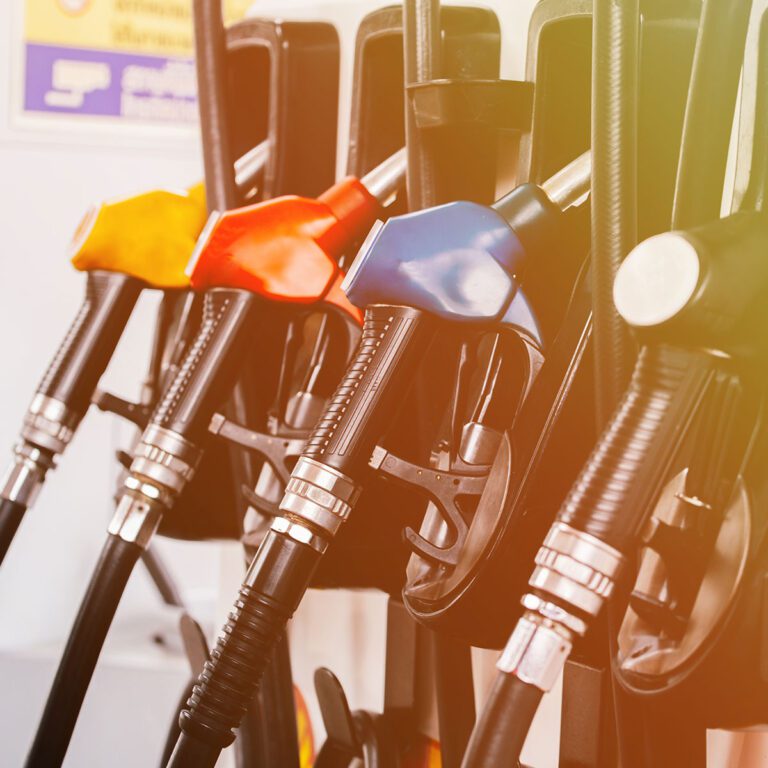Buying a service station in New Zealand can be a profitable venture in many cases. When purchasing a service station, whether it is a small, independently owned business or an established chain, there are many factors to consider. What follows is a summary of these considerations and some information about new sites set to open within the area.
Location Is Critical
When deciding whether to purchase a service station, business investors should consider its location. If it’s on a busy road or in a highly populated city area, it’s likely to be busier than a service station located in a more suburban or quieter location. The same is true for service stations located near a highway. The price per litre of petrol may also be adjusted based on the location of the station. If it’s a corporate owned chain, such as BP or Caltex, the company may dictate the prices per litre, whereas smaller independently owned stations may be able to set prices for their petrol based on what competition is in the area.
Beyond Tanks and Pumps
Many petrol stations offer additional services, including a convenience store with a range of snacks and beverages that hungry drivers can purchase. These items provide the business owner with additional sources of revenue in addition to the petrol purchases. Some of them may even have a car wash as part of the establishment and at times, discounts are given for gas purchases if the patron chooses to use the car wash. Therefore, a single service station site can provide multiple sources of revenue for the business owner.
Corporate vs. Independent Service Stations
A few corporate service stations, including BP and Caltex, offer opportunities for investors to purchase a station within the franchise. One advantage to going down this route is that the business is established and supported by the larger company structure, so its likely revenue would be constant each year. Many of these corporate service stations also offer small convenience stores and are an established brand within the local economy. That means new owners won’t have to work as hard to build trust and a customer base.
Independent stations are much more volatile because they don’t have a larger corporate structure to support them in economic down times. However, they typically have more freedom to dictate fuel prices based on suppliers and the surrounding competition. Independent owners can also decide how they want to stock and run any related store, which is an attractive benefit to some entrepreneurs.
New Sites Opening Within the Area
In January 2017, Gull announced it was opening eight new service stations in the New Plymouth area. These self-service stations are often not manned and remain open 24 hours a day to customers needing petrol for their vehicles. Unmanned stations such as these typically only accept credit cards as payment because there’s no one working there to process cash transactions.
Gull has also opened a new station in Hawera and Taranaki. As of January 2017 the company had 69 branded sites across the region, and since they are unmanned, it helps to keep overhead costs down.
Security at Petrol Stations
Unfortunately, many service stations are easy targets for criminals wanting to get their hands on some quick cash or other items such as liquor and cigarettes. Many corporate-owned service stations have invested in high-tech license plate recognition cameras to help catch burglars. In 2016, Z Energy outlets hooked up fog cannons to their alarm system. Those devices fill the room with fog whenever the storefront glass is broken. The purpose is to reduce visibility and disorient the robbers to make it difficult for them to complete the burglary.
Many stations also have CCTV camera systems, which include multiple cameras that send footage to a central monitor or series of monitors, which then automatically record video whenever there’s movement detected within the store. These systems can be very effective at capturing a perpetrator’s face or physical appearance in the event of a break-in.
There are many service stations currently available for sale in New Zealand, primarily in Auckland, Waikato, Northland and the Bay of Plenty. Business investors may find the petrol industry to be appealing thanks to its great potential for profits.
For Further Information about this article, contact your nearest LINK Business Broking office at:

